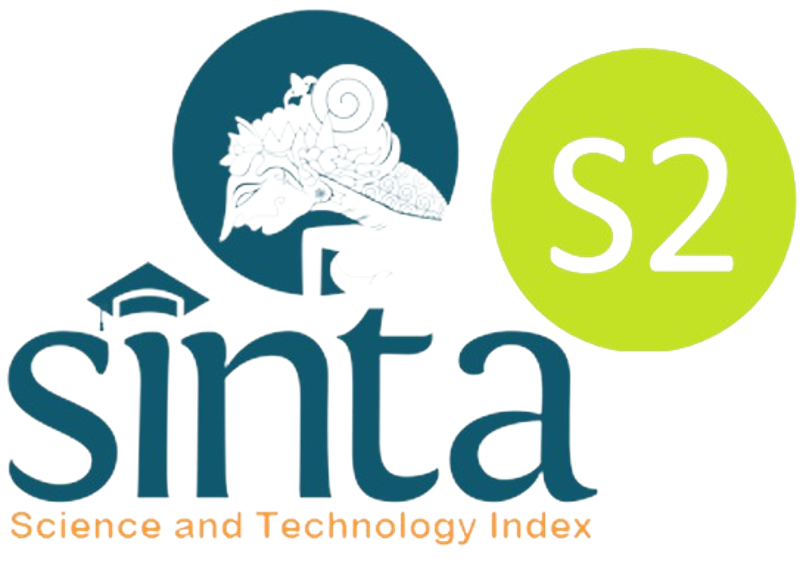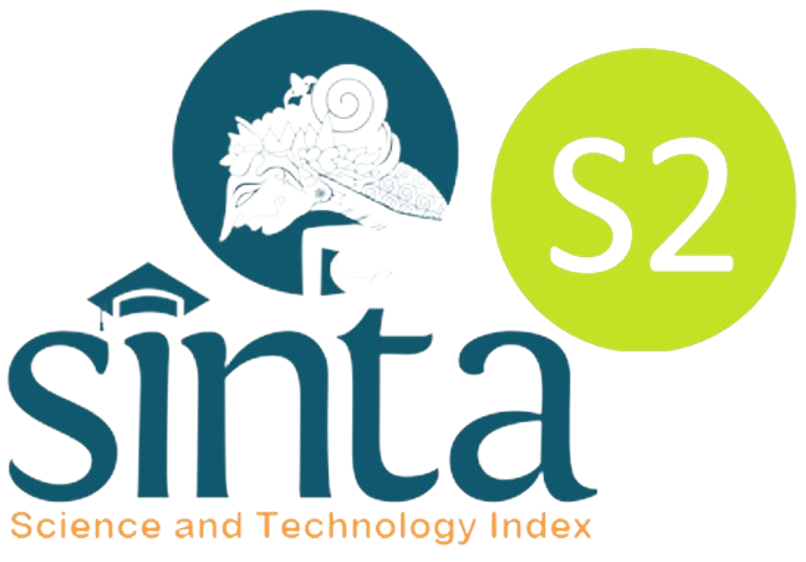Effectiveness of My Alazka Application Learning Media in Improving Student’ Chemistry Learning Outcomes
DOI:
https://doi.org/10.26740/jpps.v13n1.p54-63Keywords:
Learning Media, My Alazka Application, Learning OutcomesAbstract
Objective: This research aims to determine, analyze, and identify the effectiveness of the My Alazka Application learning media on the chemistry learning outcomes of 10th grade pupils. Method: This study used a quantitative method for experimental research. The subject of this study was a 28 Student in 10th grade, in accordance to the pretest-posttest design with a single group. This research uses instruments such as questionnaires that are used once before the investigation, known as the pre-test, and once after the experiment, known as the post-test. Result: Based on the Descriptive N-Gain Score data output, The data indicates the mean N-Gain score among students in 10th grade is 63.3074 or 0.63 which is included in the "moderate". The use of My Alazka can significantly enhance the effectiveness of the learning process in communicating messages and lesson content, also learning outcomes of chemistry subjects for student in 10th grade. Novelty: My Alazka application can be an alternative solution for educators and students during the implementation of the learning processes to improve chemistry learning outcomes for 10th grade student.
Downloads
References
Arifin, Z. (2019). Evaluasi Program : Teori dan praktek dalam konteks pendidikan dan non pendidikan. https://www.gramedia.com/products/evaluasi-program-teori-dan-praktik-dalam-konteks-pendidikan
Budiariawan, I. P. (2019). Hubungan motivasi belajar dengan hasil belajar pada mata pelajaran kimia. Jurnal Pendidikan Kimia Indonesia, 3(2), 103. https://doi.org/10.23887/jpk.v3i2.21242
Fitriyanti, R. (2018). Pertambangan batubara: dampak lingkungan, sosial, dan ekonomi. jurnal redoks program studi teknik kimia Universitas PGRI Palembang, 1(1). 34-40 https://doi.org/https://doi.org/10.31851/redoks.v1i1.2017
Guo, P., Saab, N., Post, L. S., & Admiraal, W. (2020). A review of project-based learning in higher education: Student outcomes and measures. International Journal of Educational Research, 102, 101586. https://doi.org/https://doi.org/10.1016/j.ijer.2020.101586
Junanto, T., & Afriani, R. (2016). Implementasi digital-age literacy dalam pendidikan abad 21 di Indonesia. Prosiding Seminar Nasional Pendidikan Sains.
Kurniawan, I. (2019). Perancangan aplikasi untuk keamanan folder dengan algoritma paly fair. Jurnal Informatika Kaputama (JIK), 3(1). 1-5 https://doi.org/https://doi.org/10.59697/jik.v3i1.388
Mardika, I. (2020). Upaya meningkatkan sikap ilmiah dan hasil belajar kimia melalui penerapan model pembelajaran inkuiri. Indonesia Journal of Educational Development.
Mulyana, A. (2021). Pengaruh media pembelajaran dan motivasi belajar terhadap hasil belajar kimia. VOCATIONAL: Jurnal Inovasi Pendidikan Kejuruan. 1 (4), 220-228. https://doi.org/10.51878/vocational.v1i4.680
Rosyidah, R. A. (2019). Penguatan kurikulum pendidikan agama islam bermuatan lokal di SMP Islam Al-azhar Kelapa Gading (alazka) Surabaya. Skripsi. Universitas Islam Negeri Sunan Ampel, Surabaya.
Sappaile, N. (2019). Hubungan pemahaman konsep perbandingan dengan hasil belajar kimia materi stoikiometri. JIP STKIP Kusuma Negara Jakarta, 10 (2), 58-71
Sidabutar, R. (2021). Efektivitas penerapan media pembelajaran interaktif berbasis google classroom dalam menyongsong era revolusi industri 4.0 terhadap hasil belajar matematika siswa. Jurnal Ilmiah Aquinas. 4(2), 344-352. https://doi.org/10.54367/aquinas.v4i2.1308
Sugiyono. (2011). Metode penelitian kuantitatif, kualitatif dan R&D. Yogyakarta: Alfabeta.
Sugiyono. (2015). Statistika untuk penelitian. Yogyakarta: Alfabeta.
Sukiman, N. L., Gupta, R. K., Birbilis, N., & Buchheit, R. G. (2012). General aspects of the corrosion of aluminium alloys. Annual Conference of the Australasian Corrosion Association 2012.
Tamrin, A. G., Slamet, S., & Soenarto, S. (2018). The link and match of the demand and supply for productive vocational school teachers with regard to spectrum of vocational skills in the perspective of education decentralization. Jurnal Pendidikan Vokasi, 8(1), 40. https://doi.org/10.21831/jpv.v8i1.15135
Downloads
Published
How to Cite
Issue
Section
License
Copyright (c) 2023 JPPS (Jurnal Penelitian Pendidikan Sains)

This work is licensed under a Creative Commons Attribution-ShareAlike 4.0 International License.
 Abstract views: 151
,
Abstract views: 151
, PDF Downloads: 204
PDF Downloads: 204












